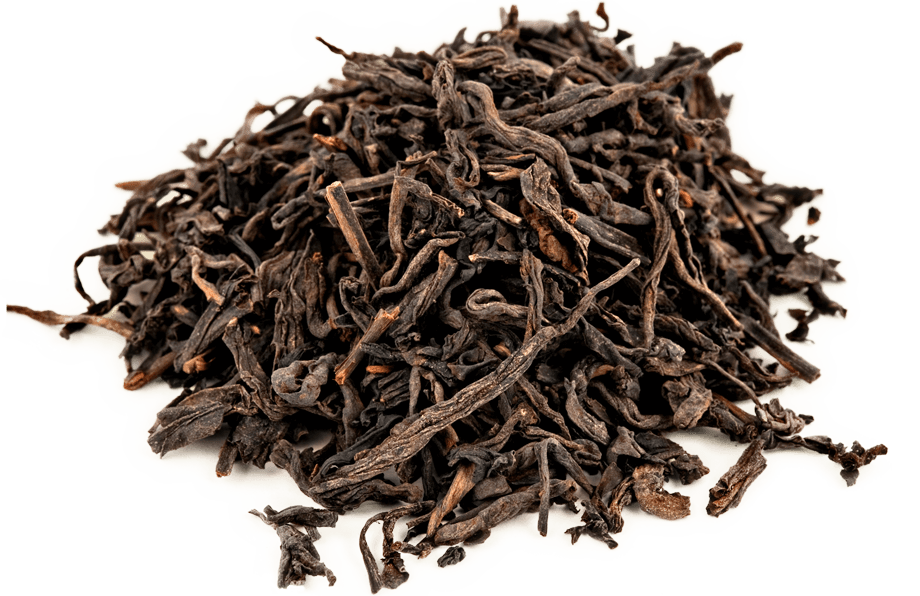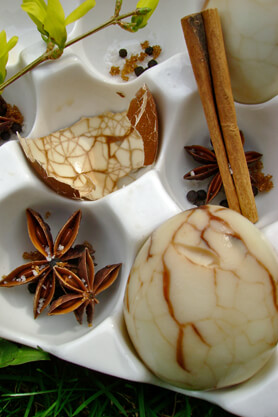Organic Pu Erh Tea
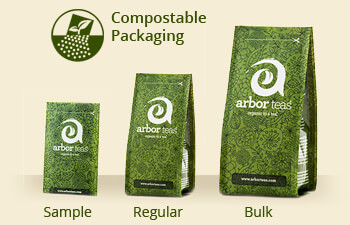
This organic Pu-Erh Tea offers the best of both worlds - classic pu-erh flavor and aroma at an affordable price. The larger-sized organic tea leaves render a dark red-brown infusion with moderate body. A great everyday organic Chinese tea, and perfect for those just being introduced to pu-erh teas!
Ingredients: organic Chinese pu-erh tea
Origin: Cang Yuan Rang Sai Tea Farms, Yunnan, China

Known for its high iron content, the soil of Yunnan is rich, dark red and sustains some of the oldest tea trees in the world. Pu-erh, a city located in the Yunnan Province of China, is the namesake of pu-erh tea, the most famous subset of Chinese heicha (dark tea). The Cang Yuan Rang Sai Tea Farmers Group is located in Lincang (just northwest of Pu-erh) in Yunnan. Lincang is the mountainous home of the Wa ethnic minority and most of the Rang Sai Tea farmers belong to this ethnic group. Lincang houses the world's oldest tea tree, some 3200 years old, in Jinxiu village, Xiaowan town, of Fengqing County. Read our blog post about our trip to Pu Erh, China!
Steeping Instructions
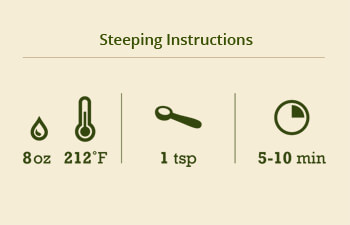
At Arbor Teas, we believe tea should be brewed to suit your personal taste. We’re happy to make recommendations to get you started, but don’t hesitate to experiment! When brewing your tea, your main considerations are tea quantity, water temperature, and steeping time. We recommend pu-erh teas to be steeped for 5 to 10 minutes in water heated to a full, rolling boil. For the best flavor, use fresh water whenever possible, and avoid overboiling. Try not to steep your tea longer than necessary, as you’ll extract undesirable bitterness from the leaves.If you want a stronger brew, don’t steep longer, just use more tea. And don’t forget to re-steep your tea leaves to get the most out of your leaf!
Looking for more info? Check out our How-To Guides and Eco-Brewing Tips!
Staff Perspectives
 Trish
Trish
"This helps settle my stomach after a big meal."
 Sarah
Sarah
"Pu-Erh is a wonderful tea. I had never had Pu-Erh before working at Arbor Teas and I am so glad to make its acquaintance! Aubrey made me a glass of iced Pu-Erh, which began my love affair with Pu-Erh…"
 Jeremy
Jeremy
"For a newcomer to Pu Erh, this tea is an excellent value!"
Health Benefits

Like all true tea, pu erh tea offers many potential health benefits. Research has found that tea (Camellia sinensis) can have many positive effects on human health, including improved cardiovascular function, cancer risk reduction, improved immune function, improved oral health, and help with weight management. Tea is also full of polyphenols, which are a class of antioxidant that help your body maintain homeostasis and balance your stress levels. Pu-Erh specifically has been used in Chinese medicine to support gut health, weight loss, and lower cholesterol.
For more information about the health benefits of pu erh and other types of tea, and for direct sources of the above information, check out our Tea Health Benefits page!
Please note: the information above is for educational purposes only and has not been evaluated by the Food and Drug Administration. This information is not intended to diagnose, treat, cure, or prevent any disease.
Pu-Erh Recipes
Pu Erh: A National Secret
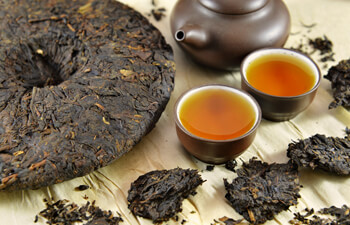
Pu-erh, a city located in the Yunnan Province of China, is the namesake of pu-erh tea, the most famous subset of Chinese heicha (dark tea). Pu-erh processing is a closely guarded secret. Each tea garden has a unique recipe and prides itself on its own distinctive creation. Properly cared for, pu-erh tea is actually alive as enzymes in the tea are allowed to age, greatly enhancing the tea’s flavor over time. This is accomplished by introducing a small amount of moisture at the end of the manufacturing process and allowing the retention of that moisture in the final tea leaf; then aging the leaf in a controlled environment. Pu-erh is the only “aged” tea, and can be fully-oxidized like black tea or unoxidized like green tea. Qing Cha (sometimes referred to as “raw” or “green” pu-erh) is the oldest and most famous version of pu-erh processing. Shu Cha (“ripe” or “cooked” pu-erh) is an accelerated version of Qing Cha that was developed in 1972 to help meet consumer demand. Both methods can produce an excellent tea that improves in value and taste with time, and can be finished as loose leaf tea or pressed into shapes. Pu-erhs that have been aged for 10, 15 or even 25 years and beyond are typically unavailable outside China and are served only to high ranking officials and dignitaries.
For even more information about this and other traditions, visit our Tea Traditions Page!



